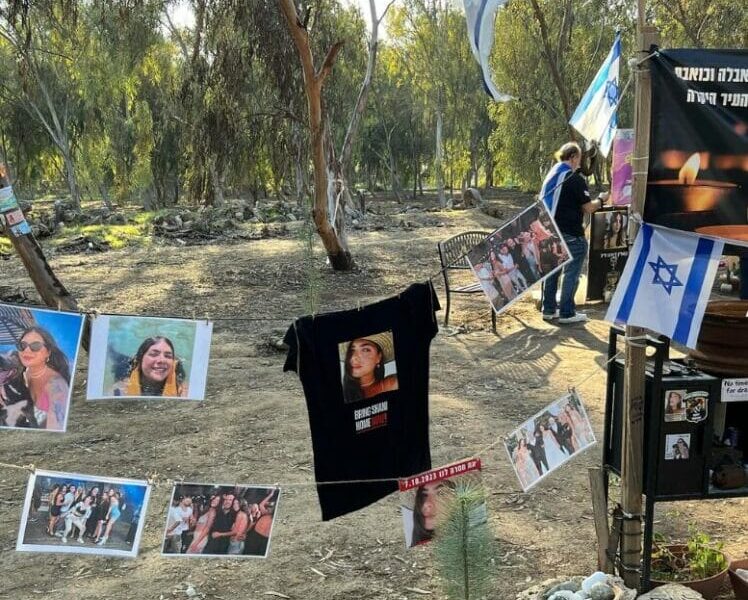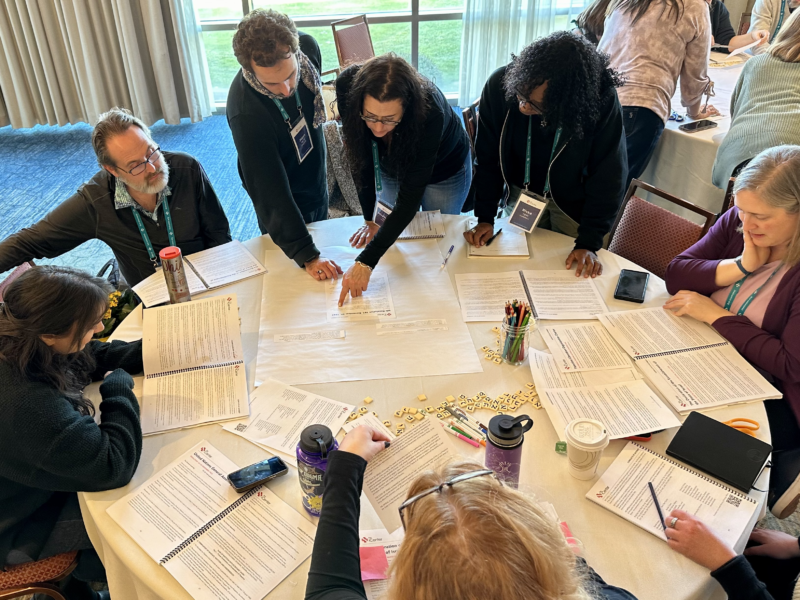My 15th trip to Israel could best be described as a once in a professional-lifetime opportunity. I was invited as a delegate to the Jerusalem-based international Jewish Media Summit in late June, along with some 100 fellow reporters who came from regions as diverse as Brazil and Belgium; the United States, United Kingdom and Ukraine; and Chile, Costa Rica and Canada. A cadre of Israeli journalists joined us at most sessions. While many colleagues did speak English, it was challenging at times to communicate effectively. Only the Russian contingent had occasional interpreters.
Following are some highlights:
At a press conference with Shimon Peres in one of his last appearances as Israel’s president, he told us he had “no regrets, in retrospect,” of his time in office. He called Pope Francis “the best pope for the Jews,” lauding the prelate for “proper values, trust, sincerity and courage.” In response to a concern vocalized by a French newsman about increasing anti-Semitism in France, Peres responded, “Making aliyah is the best solution. Our job is to make Israel the best place to come to. I love to be here. I invite everybody.”
Regarding Reuven Rivlin, his successor and Israel’s 10th president: “He doesn’t need advice. He’s a grown-up person. He is blessed with all the necessary qualities for the job.”
“Anti-Semitism, anti- Zionism or Paranoia” was the topic for Abe Foxman, the longtime national director of the Anti-Defamation League. He said that “by every measure anti-Semitism is at a level as high as (during) World War II. In 1965 we thought it was a fact of history. We never thought it would be pernicious. “If I didn’t believe we could change people’s minds and hearts,” he said, “I couldn’t go to work each day.”
Foxman said the Internet “is not a blessing for us.” Instead, “it destroys respect and civility and Jews are number one on the negative hit parade.”
Newly elected Knesset member Orit Strock, who lives in Hebron with her husband and 11 children, confirmed that Palestinian terrorists, captured and jailed by Israelis, are referred to in Palestinian parlance as “political prisoners” and as such get monthly stipends rom the Palestinian Authority. These stipends come mostly from the United States, Strock said, “and are supposed to go for educational and social services. But PA law demands that these ‘prisoners’ get paid while they are in custody,” she reported, insisting that Mahmoud Abbas should be pressured to stop paying terrorists.
Major General (ret.) Amos Yadlin, director of The Institute for National Security Studies, called Iran’s nuclear capability “only an existential threat to Israel – not yet an actual threat – and Israel has strong deterrents.” U.S.-led sanctions on Iran are effective and painful, he said. He recommended “cautious paranoia,” adding that “All options, including military options, are on the table.” On one foray from meeting rooms into the Judean Hills, a group of us visited with Micha Goodman, 39, energetic, enthusiastic and charismatic. He is the guiding light at Ein Prat – The Midrasha, a pluralistic house of study. The text- based programming for students, who typically have completed military and national service, aims to “cultivate the Zionist character of Israel, foster connections between Israelis of different backgrounds and strengthen the bridge between Israeli young adults and their Diaspora peers.” Goodman noted that that this cohort’s Zionism “typically has been focused on secularism, on liberating the Jew. Now this demographic is so confident in its secular identity that they are coming back to learn about Jewish identity as a source of inspiration.”
Goodman is crafting a national movement of young people who are fervently Jewish without necessarily being ritually observant.” With more than 1,500 alumni and some 300-plus new participants each year, he is on his way to accomplishing that goal.
One of the overriding themes of the Summit, raised at several sessions at various venues, was the lack in the Israeli press of coverage of world Jewry. At the same time, participants were urged to continue to make Israel’s case worldwide. A new and ambitious Israeli plan to bolster Jewish identity in the diaspora is a major step in that direction.





